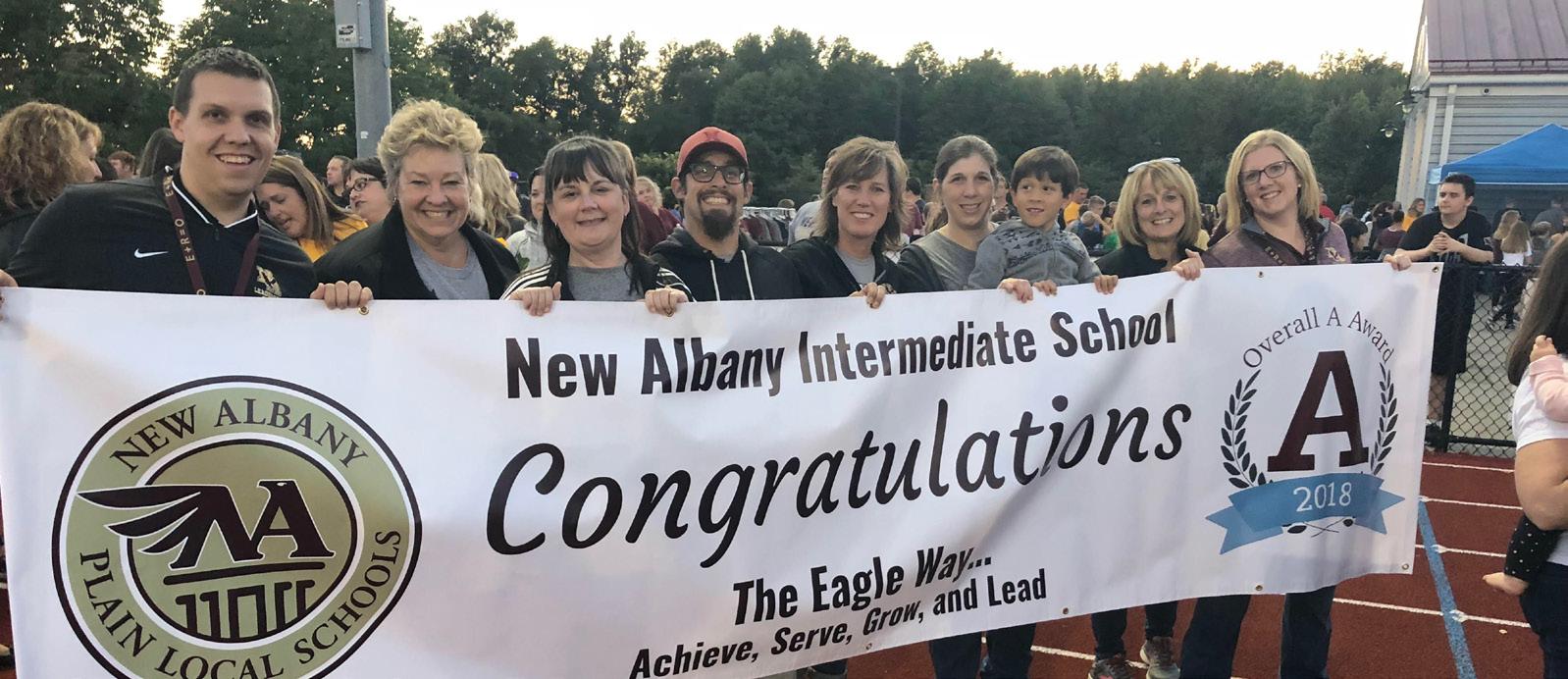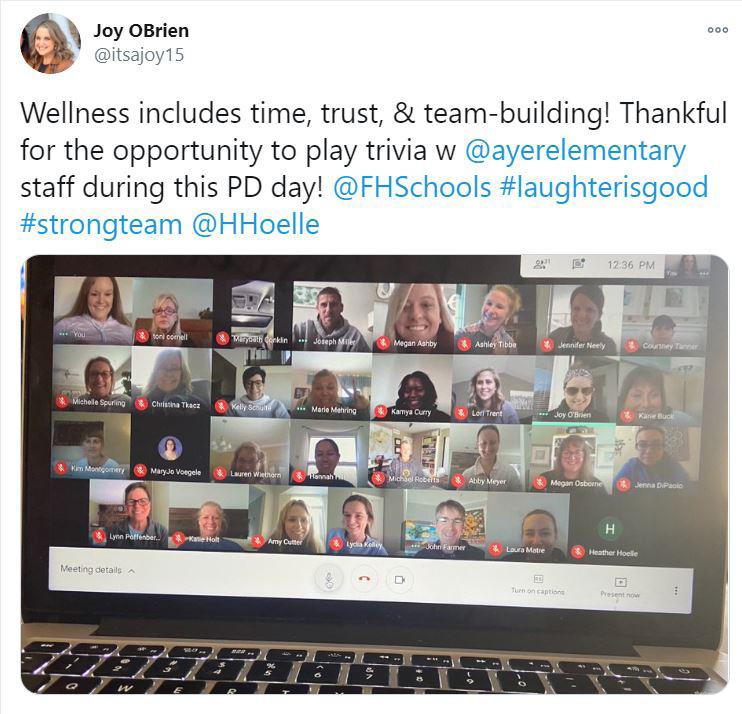W
e’re booked this time of heightened national unrest and lack of civil discourse and respond in ways that affirm our students and equip them for global citizenry. Naomi O’Brien and Lanesha Tabb give voice to one content area, social studies, that can provide a natural vehicle for the study of perspectives and stories, as well as a space to address the issues of present day in the context of our individual and collective pasts. They begin with a celebration of cultures present in the classroom and move on to show how sociology, history, economics, geography, and civics can be taught through experiential learning.
D
The book is written in a clear and simple voice which speaks directly to primary teachers and their young scholars. It is impressive to note that the authors, without edu-speak, weave in tenets of multicultural, culturallyrelevant and culturally-responsive pedagogy, global education, inquiry, and experiential learning in the social studies. All the best of what we know to be impactful social studies teaching and learning are captured here with rich examples and visuals. The simple act of getting out a map or globe unlocks students’ inherent curiosity and ensures engagement in their classrooms. As the authors note, every question a student asks and explores increases their knowledge of the world, and “real topics yield real experiences.”
Social Studies has taken a back seat to the high stakes testing areas of reading and math in elementary schools. As educators, we have an opportunity and obligation to embrace
Unpack Your Impact is a quick read packed with a strong underlying pedagogy of inquiry in social studies. Chapters bring to life the classrooms of both authors who are practicing teachers, and include personal reflections that call for meaningful and relevant instruction in the social studies curriculum and all content areas. This book is a must-read for primary teachers and principals who see the opportunity and urgency in educating our students to be global citizens.
UNPACK YOUR IMPACT: How Two Primary Teachers Ditched Problematic
Lessons and Built a Culture-Centered Curriculum BY Naomi O’Brien & LaNesha Tabb REVIEW BY Kristy Leigh, Ph.D., Principal, Cedarwood Alternative Elementary, Columbus City Schools istricts and schools across our nation have been impacted by the events of the past year with increasing calls for racial justice, equity and inclusion. It is felt deeply in my own large urban district community. As a result of the national attention, there is an increasing push for professional development to include discussions of equity and diversity in schools. One curricular area, social studies, is a natural place to begin this critical work.
44
principal navigator
SOLVING ACADEMIC AND BEHAVIOR PROBLEMS: A Strengths-Based Guide for Teachers and Teams
BY Margaret Searle and Marilyn Swartz REVIEW BY Matthew Stanley, Asst. Principal, Louisville Elementary Louisville City Schools
S
ure the title seems to conjure images of teaching in a utopia; however, there is a practical approach to student success found in the pages of this book. Solving Academic and Behavior Problems: A Strengths-Based Guide for Teachers and Teams suggests a more efficient and effective pathway to engage school personnel, families, and students while taking advantage of new academic and social-emotional learning opportunities. Whether you are an administrator or a classroom teacher, this book and the myriad resources it provides will assist you in reaching out to all students while shining most in relation to students who seem to stump even our best and brightest.





